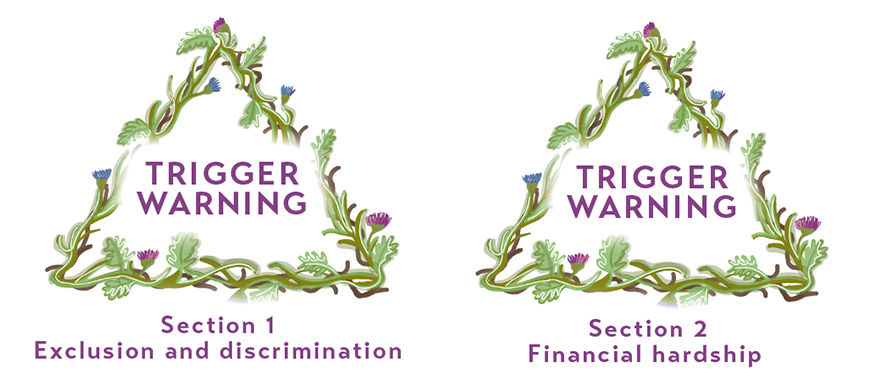Week 6: Social and cultural dimensions of mental health in learning environments
Introduction
Some of the content for this week may be triggering, potentially reminding you of experiences you have of being excluded or discriminated against. Such experiences can be painful to recall, so if you would rather avoid such content you can skip over Sections 1 and 2 and go directly to Section 3 which focuses on support.
We are all shaped by the cultures in which we are born and raised and societies in various parts of the world have very different perspectives and attitudes towards mental health. These socio-cultural influences can profoundly impact learners, both in their own culture and if they find themselves in a new culture for their study, for example as an international learner.
This week you will reflect on various cultural perspectives about mental health, consider the impact of cultural and social factors on wellbeing and explore the relevance of the concept of ‘belonging’ to mental health. You will also look at how you can support the wellbeing of socially and culturally diverse learners.
By the end of this week, you should be able to:
- understand the importance of belonging in mental health and how belonging can be influenced by culture
- be aware of varied cultural ideas about mental health
- recognise the impact of stereotyping, prejudice and discrimination in terms of characteristics such as race, ethnicity and religion (in the UK these are protected characteristics as identified under the Equality Act, 2010)
- know more about how to support the wellbeing of diverse learners.


